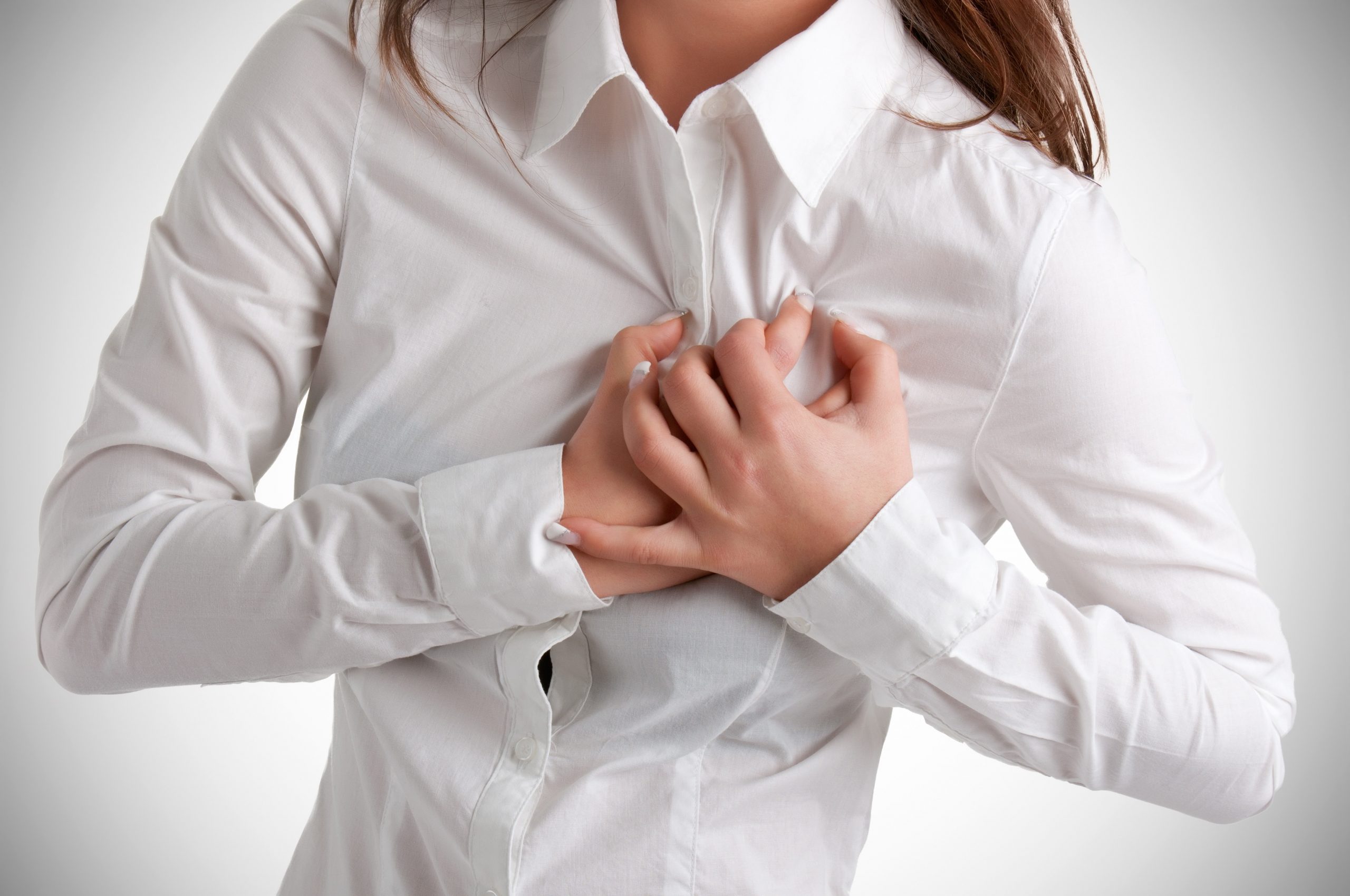The heart is one of the major organs that can make a major difference in someone’s life in a very short period of time. It pumps blood to all your other organs so, without a pumping heart, life doesn’t exist.
If you look at medical textbooks, there would probably be around 20-25 reasons for chest pain. It has to do with different organs and different systems, starting from the skin and the muscles.
Some of the reasons for chest pain are:
- You could have muscular-skeletal pain or muscle spasms from something heavy that you lifted.
- It could be inflammation of your joints, which can cause atypical chest pains. Usually, it’s worse with movement or breathing, but sometimes it could be atypical.
- You could have acid reflux or related symptoms that usually cause burning in the chest area, which could mimic heart-related problems. Usually, those symptoms are worse after a heavy or a spicy meal.
- You could have gallbladder problems, which could also cause discomfort in the chest due to radiation from the gallbladder and the diaphragm up to the chest.
- Lung-related problems can also cause chest pain; for example, if you have inflammation of the lung or the surrounding tissue called the pleura of the lung.
- You could have typical symptoms of angina, which can get worse with exertion.
For some patients with diabetes and women who have atypical presentations of chest pain, it can be difficult to understand and determine if their pain is truly a heart issue or if there’s something else going on.
That‚Äôs where a history and a physical exam — performed by a physician in the emergency room, or a primary care doctor, or a cardiologist — plays a major role in diagnosing the cause of chest pain. Sometimes, the cause is simply not just black and white.


